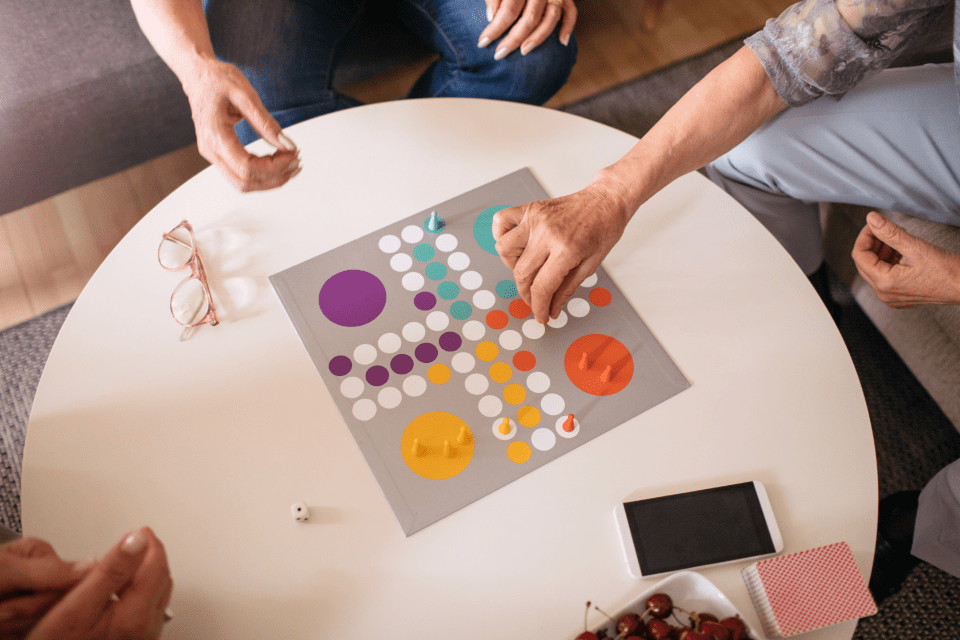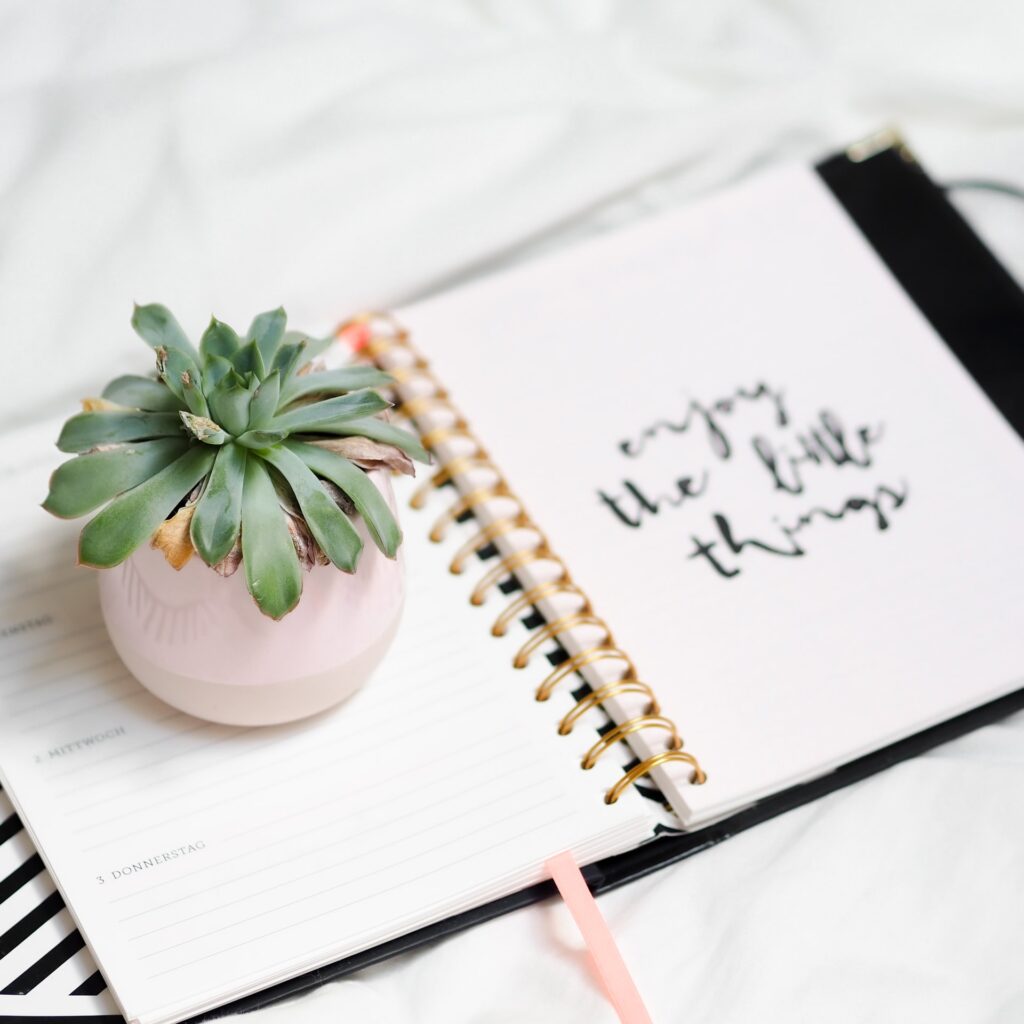
Alexa, tell us a synonym for unprecedented.
2020 has been so many things, but perhaps unparalleled, unrivalled and downright bizarre best sums it up. The deepest recesses of Winter await, and collective discontent could well follow, but that shouldn’t mean you let your own personal, psychological resilience suffer. Indeed, the best thing you can do right now is stay focused, firm and forward facing to tackle the challenges which lie ahead.
Amy Morin, a licensed social worker, psychotherapist and author at Psychology Today, believes each and every day presents a chance to develop what she refers to as a client’s “mental muscle”. And it’s this emphasis on taking proactive steps to keep on top of your mental health which is so important right now.
While she advises that brief exercises, performed consistently over time, should help her clients to build mental strength and resilience, she also suggests that negative emotions (such as feeling sorry for yourself, giving up easily, or surrendering your innate power) can be destructive towards any mental strength-building regime on which you have embarked.
Fortunately, there are stratagems and routines which you can adopt to keep yourself on the straight and narrow, and able to cope with whatever life throws at you. It’s all about adopting a healthy mixture of discipline and downtime, and always taking note of how you’re feeling and dealing with this fast changing world.
If you’re keen to learn more, then read on; here are 5 positive habits for developing resilience during turbulent times.
PARK THOSE UNHEALTHY BELIEFS IN FAVOUR OF POSITIVITY
Ever feel like a quick flick through Instagram, marvelling at the far flung locations that your friends have been visiting, seems to bring you down? Or, a doom scroll through Twitter, unsurprisingly, brings the gloom on hard.
In psychotherapist Amy Morin’s TEDx talk, “The Secret of Becoming Mentally Strong”, she says researchers have found that envying your friends on Facebook actually leads to depression. Studies have since suggested this could well be true.
And that’s just one of the traps that our minds can set for us. She identifies three kinds of mental beliefs that can make us less effective and rob us of our mental strength. “The first one is unhealthy beliefs about ourselves… The second is unhealthy beliefs about others… [And] the third is unhealthy beliefs about the world…But you can’t afford not to give them up, because sooner or later you’re going to hit a time where you need all the mental strength you can muster”.
A positive step you can take, then, to park those unhealthy beliefs in favour of positivity, is to take a step back from social media. Set limits on your daily use, delete the apps on your phone and only have them accessible via desktop, take an account ‘holiday’, and keep enlightened and aware of Facebook, Instagram, Twitter et al’s risks. Or, go all out, and delete your social media accounts entirely; the world may start to look and feel like a much brighter place.

ALWAYS STAY TUNED IN TO THE 4Cs OF MENTAL TOUGHNESS
Knowledge is power, as they, say, and stability and resilience in the face of adversity is best realised by keeping aware of exactly how you’re feeling, noticing what’s going on, what’s going wrong, and having the tools to fix it.
The 4Cs of Mental Toughness – Control, Commitment, Challenge, and Confidence are a useful start in keeping track of your changing mood. While an individual may possess one or more of these characteristics, you really need to possess all four in combination to move smoothly through a rather rough, tough patch.
Of interest is the fact that Prof Peter Clough’s psychometric tool, the MTQ48, has been developed to measure these four key aspects of mental toughness – meaning you can actually find out how mentally tough you are, and work at improving your weaker areas. Quantifiable progress in resilience? Yes, please!
In essence, you need to have control over your life and feelings, by feeling comfortable in your own skin and not letting others dictate your emotions.
Key to a healthy outlook, you also need to be in a near constant process of setting goals and working steadily towards them; the ‘commitment’ aspect of the 4 Cs in practice.
The third C refers to challenge; and it’s crucial you nurture drive and motivation if you’re to put your best foot forward in the future. And finally, there’s your self-belief or confidence – we all know how important that is when trying to feed back into a more holistic sense of health and happiness.
The good news is that these aspects can be worked on. Much like you’d do press-ups to build muscle, so you can flex your mental muscles with a few simple daily routines. Here are three of them:

START A GRATITUDE JOURNAL
Back to those unhealthy beliefs for a second. It’s important to put things in perspective, and temper your negative views about yourself, others and the world if you’re to be more mentally resilient going forward.
But how to achieve that mindset? Research in the journal Neuroimage, among others, reveals that tallying up your blessings in the form of a gratitude diary will raise your happiness quotient. Done on a daily basis, this positive habit will see you sleeping more deeply and enjoying a stronger immune system, if the science is to be believed.
FAKE IT ‘TILL YOU MAKE IT
Not feeling confident? Don’t stress. Instead, throw your head back, stand tall, smile and go after the things you most want in your life – as if you were more successful, more financially stable, more popular, and all those good things that are really rather frivolous.
A paper in Psychological Science revealed that smiling, as just one example of positive expression, can in fact “reduce the intensity of the body’s stress response, regardless of whether a person actually feels happy”. It really can put you ahead and lift your spirits to walk the talk.
BE MINDFUL
Seat yourself quietly and embed yourself in the present moment. The amazing practice called mindfulness meditation, in which an individual focuses purely on the here and now, has been found to reduce stress and to encourage a more compassionate inner dialogue with yourself. Some have even called the ancient discipline a ‘superpower’, with the NHS saying that ‘’awareness of this kind also helps us notice signs of stress or anxiety earlier and helps us deal with them better.”
After the incredibly stressful nature of 2020, we’re certainly willing to give it a shot!
Should you be seeking more resilience building, wellbeing boosting exercises which you can do daily, then check out our article on 5 IDEAL wellbeing exercises to include in your everyday. You won’t regret it!
*This article is not intended to replace medical advice, diagnosis or treatment given by a qualified health professional. Instead, this article only provides information, not advice. For any medical enquiries, always consult your GP first*





